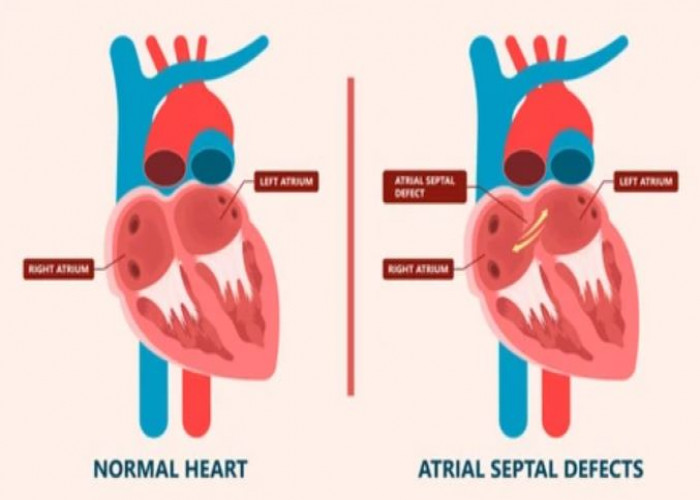 Welcome
Welcome
“May all be happy, may all be healed, may all be at peace and may no one ever suffer."
Atrial septal defect (ASD)

An atrial septal defect (ASD) is a congenital heart condition in which there is a hole in the wall (septum) separating the two upper chambers of the heart (the atria). This hole allows blood to flow from the left atrium to the right atrium, creating an abnormal flow of blood in the heart.
ASDs are most commonly diagnosed in childhood or early adulthood, and symptoms can vary depending on the size of the defect. Some people with ASDs may have no symptoms, while others may experience:
- Shortness of breath
- Fatigue
- Rapid breathing
- Swelling in the legs, ankles, or abdomen
- Palpitations or a racing heartbeat
- Chest pain or pressure
Diagnosis of an ASD typically involves a physical exam, electrocardiogram (ECG), and echocardiogram. In some cases, additional tests such as a chest X-ray, magnetic resonance imaging (MRI), or cardiac catheterization may be necessary.
Treatment for ASD depends on the size and location of the defect, as well as the patient's age and overall health. Smaller ASDs may not require any treatment, while larger defects may require surgical repair or closure. Medications may also be used to manage symptoms and prevent complications such as heart failure or stroke.
Living with ASD can present challenges, but with proper care and management, many people are able to lead healthy and active lives. If you have been diagnosed with ASD or suspect that you may have this condition, it's important to see a doctor for a proper evaluation and to discuss the best course of treatment.
Research Papers
Disease Signs and Symptoms
- Shortness of breath (dyspnea)
- Fatigue (Tiredness)
- Swelling of legs, feet or abdomen
- Irregular heartbeats (arrhythmia)
- Heart disease
- Irregular heart sound (heart murmur)
- Heart murmur, a whooshing sound that can be heard through a stethoscope
- Easy tiring, especially after activity
Disease Causes
Atrial septal defect (ASD)
The cause of atrial septal defect is unclear. Atrial septal defect is a structure problem that occurs during heart development while a baby is still in the womb.
Genetics, certain medical conditions, use of certain medications, and environmental or lifestyle factors, such as smoking or alcohol misuse, may play a role.
Disease Prevents
Atrial septal defect (ASD)
Because the cause of atrial septal defect (ASD) is unclear, prevention may not be possible. But getting good prenatal care is important. If you have an ASD and are planning to become pregnant, schedule a visit with your health care provider. This visit should include:
- Discussing current health conditions and medications. You'll need to monitor certain health conditions, such as diabetes or lupus, during pregnancy. Your health care provider might also recommend adjusting or stopping certain medications before pregnancy.
- Reviewing your family medical history. If you have a family history of congenital heart defects or other genetic conditions, consider talking with a genetic counselor to determine your specific risks.
- Getting tested for immunity to German measles (rubella). Rubella in the mother has been linked to some types of congenital heart defects in the baby. If you're not immune, ask your health care provider about getting vaccinated.
Disease Treatments
Treatment for atrial septal defect depends on the size of the hole in the heart and whether you or your child has other congenital heart defects.
Many atrial septal defects close on their own during childhood. For those that don't close, some small atrial septal defects might not require treatment. A doctor specializing in heart diseases (cardiologist) might recommend monitoring it with regular health checkups to see if it closes on its own.
Your health care provider will discuss with you when you or your child needs treatment. Many persistent atrial septal defects eventually require surgery. However, closure isn't recommended if severe pulmonary hypertension is present.
Medications
Medications won't repair an atrial septal defect, but they can help reduce signs and symptoms. Medications for atrial septal defect might include drugs to control the heartbeat (beta blockers) or to reduce the risk of blood clots (anticoagulants).
Surgery or other procedures
Many cardiologists recommend surgery to repair a medium to large atrial septal defect that's diagnosed during childhood or adulthood to prevent future complications.
For adults and children, atrial septal defect repair surgery involves closing the hole in the heart. This can be done two ways:
- Catheter-based repair. A thin, flexible tube (catheter) is inserted into a blood vessel, usually in the groin, and guided to the heart using imaging techniques. A mesh patch or plug is passed through the catheter and used to close the hole. Heart tissue grows around the seal, permanently closing the hole.
- The catheter-based repair procedure is used only for the secundum type of atrial septal defects. Some large secundum atrial septal defects, however, might require open-heart surgery.
- Open-heart surgery. This type of atrial septal defect repair surgery involves an incision through the chest wall to access the heart directly. The surgeons use patches to close the hole. This open-heart repair surgery is the only way to fix primum, sinus venosus and coronary sinus atrial defects.
- Sometimes, atrial septal defect repair can be done using small incisions (minimally invasive surgery) and with a robot (robot-assisted heart surgery).
Anyone who has had surgery for atrial septal defect needs regular echocardiograms and health checkups to watch for possible complications, such as irregular heartbeats (arrhythmias), heart valve problems, high blood pressure in the lung arteries (pulmonary hypertension) and heart failure.
People with large atrial septal defects who do not have surgery to close the hole typically have worse long-term outcomes. They may have more difficulty performing everyday activities (reduced functional capacity) and are at greater risk for arrhythmias and pulmonary hypertension.
Disease Diagnoses
Disease Allopathic Generics
Disease Ayurvedic Generics
Disease Homeopathic Generics
Disease yoga
Atrial septal defect (ASD) and Learn More about Diseases
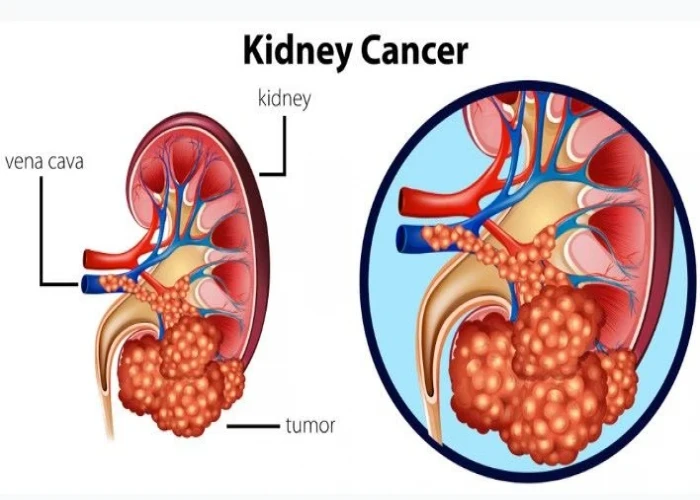
Kidney cancer
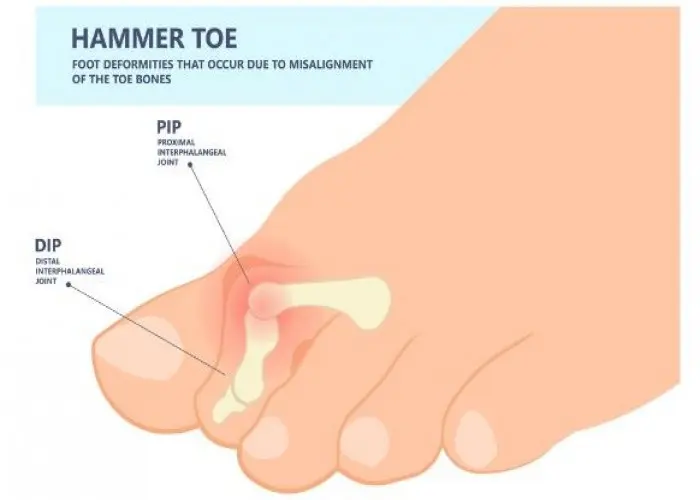
Hammertoe and mallet toe
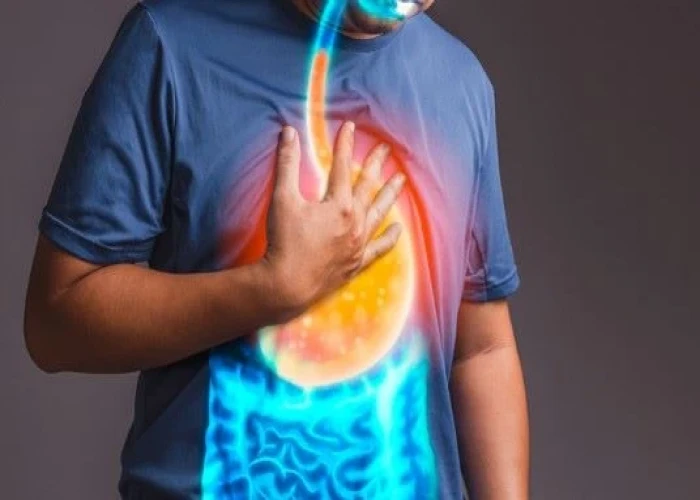
Rumination syndrome
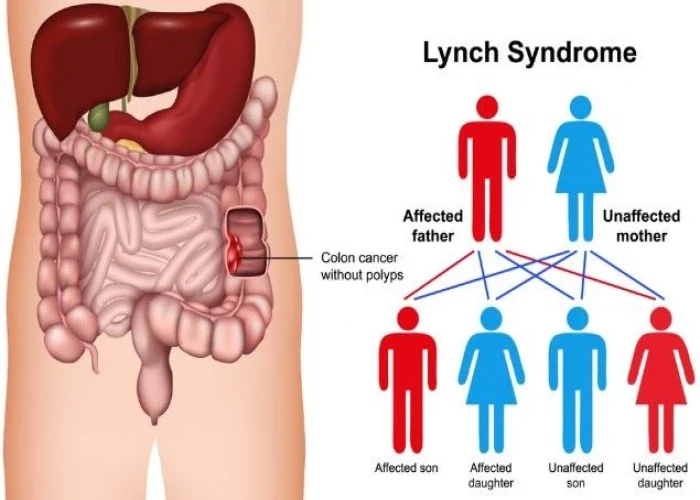
Lynch syndrome

Amenorrhea

Seasonal affective disorder (SAD)
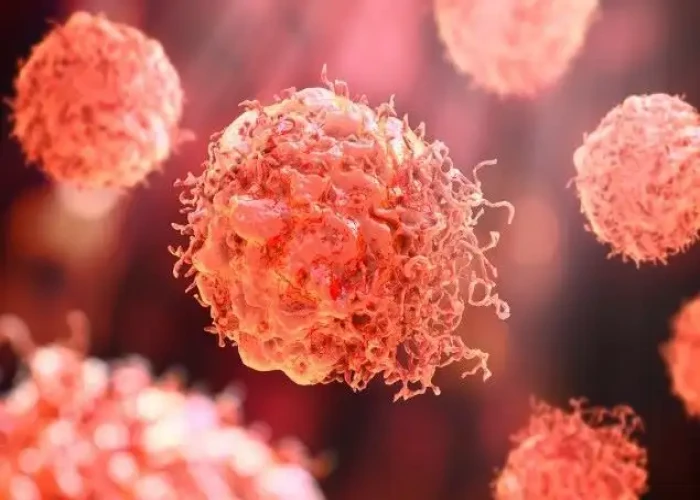
Sarcoma
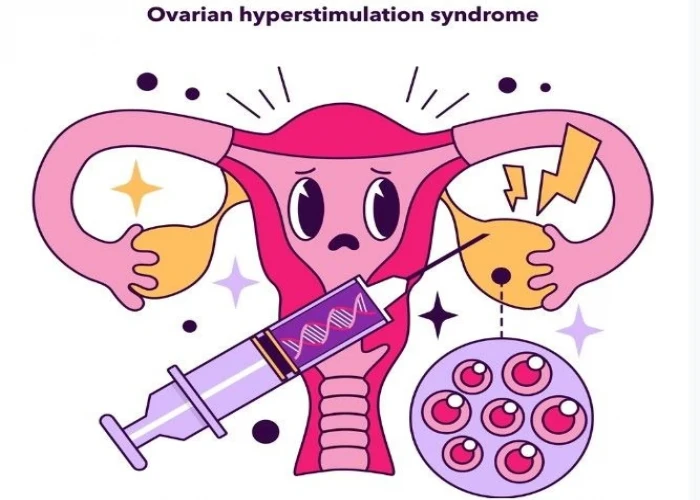
Ovarian hyperstimulation syndrome
Atrial septal defect asd, ASD heart, অ্যাট্রিয়েল সেপটাল ত্রুটি এএসডি
To be happy, beautiful, healthy, wealthy, hale and long-lived stay with DM3S.
